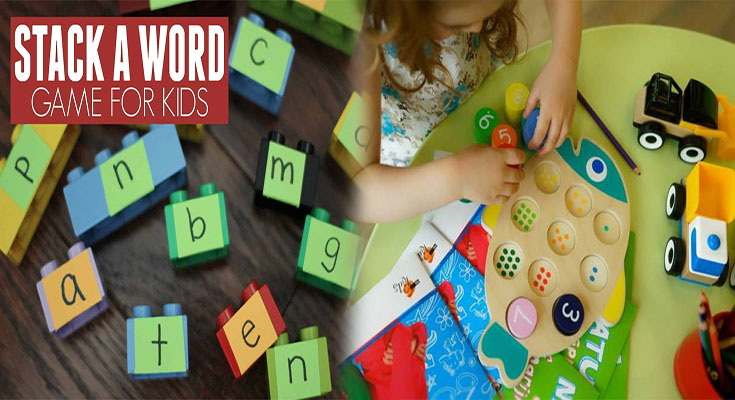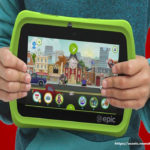Kids can learn math with fun learning games. Jumping games can be themed after animals or math flash cards. Players face off on a board and jump to the correct square, making sure to keep both feet inside the lines. You can also make your own game. Jumping games are a great way to get kids excited about math.
DIY Math Game Ideas
Kids can have fun while learning math with a variety of DIY math game ideas. Whether your child is learning skip counting or multiplication, you can find a fun game that fits their learning style. Adding fun graphics and sounds to your game will engage your kids and get them excited about math. In addition to learning math facts, they’ll also get a little snack.
One DIY math game idea involves stacking blocks to create a tower. The first player to remove a block sets up another player who has to pick it up. A more academic version can be created by writing a question on each piece or attaching a label. This activity can be repeated over.
Number Line Ideas
A number line can be used in a number of different ways, from simple counting games to more complicated questions about fractions and decimals. The interactive nature of a number line allows students to learn new math concepts, while at the same time engaging in a fun activity. These games are a great way to introduce new math concepts and reinforce what students have already learned.
The first thing students should do is identify the scale and range of the number line. They can do this by looking at the far left and right sides of the line. From there, they can add numbers or tick marks. Once they’ve mastered this concept, they can progress to adding numbers by twos, fives, or tens.
Adaptive Math Game
Adaptive math games offer an exciting new way for students to learn math concepts. They allow students to learn common-core math skills while working at their own pace and using fantasy-style graphics. Students can even take assessments without knowing they’re being graded. In the same way, teachers can use these games as extra support for their lessons. One study found that playing the games for 30 minutes per week doubled fluency growth. They also offer the added bonus of a diagnostic math assessment.
One example of such a game is Prodigy, an adaptive math game for grades one through seven that incorporates California Standards-based math and a Pokemon- like role-playing game. Students play a character named “Prodigy” and must complete math problems in order to defeat the game’s main antagonist Crios. In the game, players can also interact with friends in different “worlds,” using fictional names so that the player’s privacy isn’t violated.











